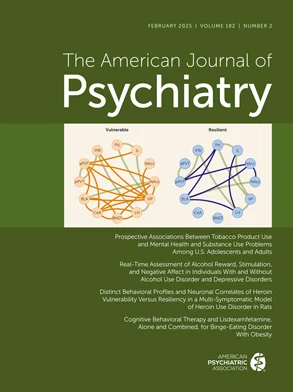The train was rolling west through the corn and wheat fields, and dusk was starting to settle in. We had been under way about 3 hours, and a little boy of about 5 years was starting to get restless a few seats in front of me. He would peek out, wander briefly into the aisle, stand up on his seat—all to the increasing distress of his mother: "Sit down … can't you behave? ... be quiet!" And finally, the sound I had been dreading, the crack of flesh against flesh, as she slapped her little boy in the face. He whimpered briefly, she hissed, "Now stop it," and all was ominously quiet.
I can no longer take this. Over the years I wondered what might be helpful in such situations—restaurants, grocery stores, airports, and on and on. Ultimately, the idea I term "mini-therapy" emerged. I figured I had about 90 seconds within which to work. Over time I created a three-step process: form an alliance with the parent(s), provide some practical help for the moment, and finally, chat about what has happened and offer some tools for the future.
So I walked up the aisle, introduced myself, and said something like "What a handsome, lively young lad you have here!" (I had learned over the years that a punitive, limit-setting approach seemed only to increase the rage and was not too effective!) "Thank you," she said and then introduced herself and her son, noting, "But it is tough traveling like this …. He gets so fidgety!" I tried to be empathic and validate her feelings: "Travel can be very distressing and difficult, and small children can get bored so quickly."
Having tried to form a bit of an alliance, I now moved to step two: "I wonder if Leo would like to draw a picture? I have some paper and a couple markers back at my seat. Would that be okay?" I asked the mother. "Sure, thank you," she nodded. I went and got the materials, and Leo took them eagerly. "Draw or write or do whatever you like—we could even make some paper airplanes," I suggested. Leo plunged in and began scribbling.
I moved on to step three. I said to the mom, "Leo seems like a bright, engaging little boy. I think he's just bored. He's not a bad kid. His brain is just doing what it's supposed to do—exploring and learning. When he peeks out or roams around or cannot sit still, his good brain is looking for stimulation, something to do, something to play with, just like you and I want to read or write or do puzzles or whatever on a trip like this." We chatted a bit more, and our conversation included a little about feelings and behaviors and infant and child development, and I went back to my seat.
I found myself thinking about a similar incident in a family-style restaurant years ago: I had gone in for breakfast and found it was a nice, quiet place to get a little work done as well. A little girl was playing with some straws while she tried to wait patiently for her breakfast. As the play became more animated, her grandmother slapped her across the face. I had intervened much as described in the incident on the train. When I went to pay my bill, the cashier said two women had already paid it and left me a note. The note read, "Thank you for doing something about that slap—it is so nice to see that someone cares." I framed that note, and it hangs in my home office to this day.
So as the train moved on through the darkness, I wondered, Did my interaction with Leo and his mom do any good? Were there any short-term or long-term benefits? I do not know. Things seemed fairly calm and quiet between them over the next few hours before they got off. At times I heard them conversing and laughing a bit. Several times Leo came back to show me what he had drawn or written. Later he gave me two of his pictures. I still have them.

